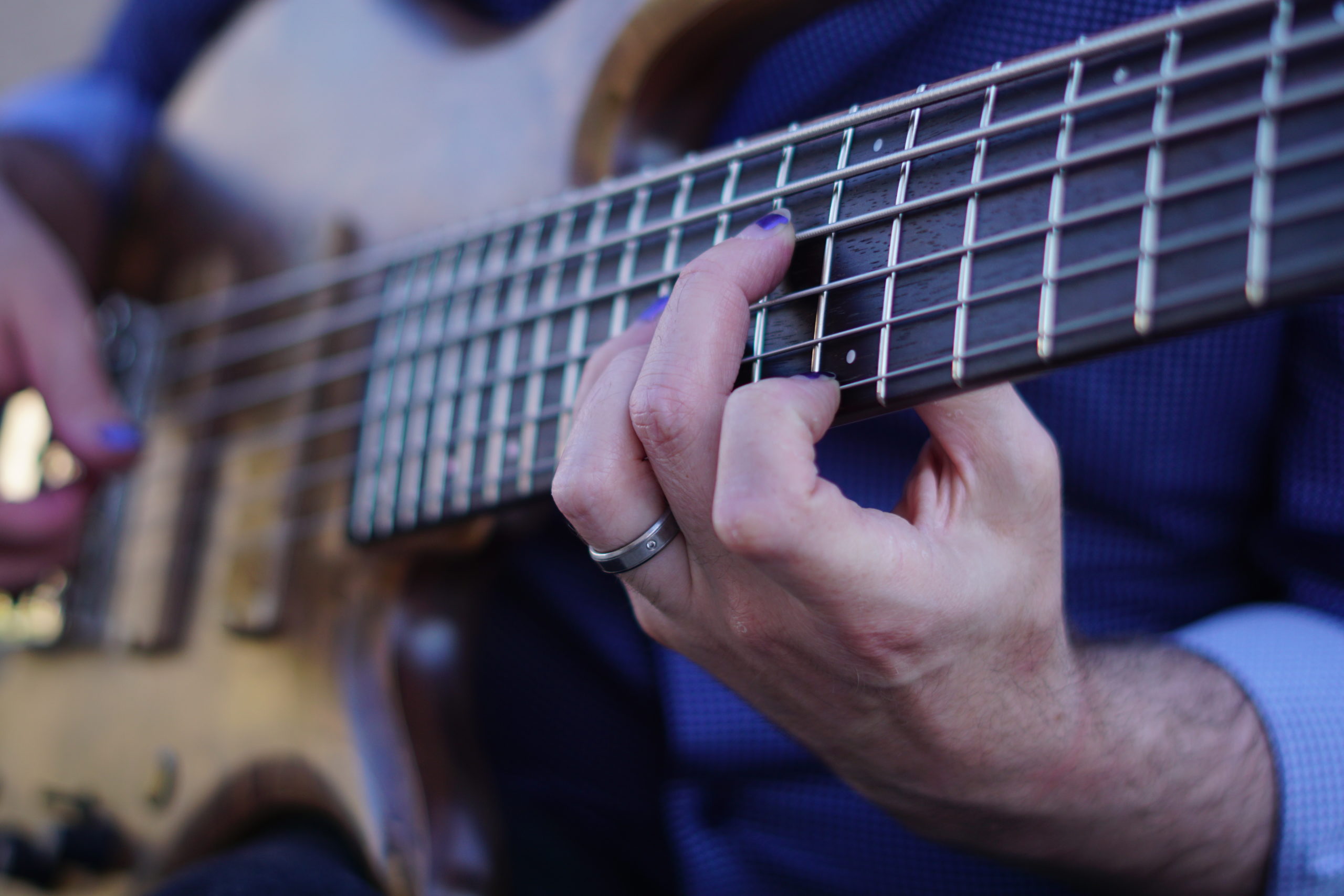This post is inspired by two things – firstly, a conversation I had recently with the very lovely Laura Kidd. We’d known each other quite a few weeks before she finally bothered to listen to any of the music I did, assuming that because it was solo bass it would be a load of techno-wank bass cleverness and therefor not something she’d be interested in. She eventually listened to it, probably as much out of politeness as anything, and said with a large degree of surprise the next time I saw her how much she liked it.
She was quite embarrassed, but actually her response is pretty much mine whenever I get an email or get given a CD and told ‘you’ll really like this, it’s solo bass’.
The problem is that solo bass is neither a style of music, not does it carry any indication of quality. And, for the most part, I’m not hugely into what happens on solo bass. There are some very notable exceptions to this, and some of my favourite musicians in the world are indeed solo bassists, but as a ‘draw’, solo bass doesn’t really work for me without some evidence that there’s more to it than the tools of the trade.
Same goes for ‘loop music’, ‘ambient music’, or any other vague classification I might fit into. It’s one of the reasons I find it so tricky to accurately sum up what I do in a single sentence…
The 2nd thing that inspired this as a topic was thinking about mine and Lobelia‘s upcoming gig at Darbucka. Going out to live shows in a city as big as London can be such a chore, and venues are, by and large, becoming less and less pleasant places to hang out. I don’t want to stand around in a dark smelly hall surrounded by drunk people shouting waiting for a band to come on only to find that I can’t hear them play anyway… I’m immediately wary of any gig in a venue I haven’t heard of, and I’m guessing that most of the people who would enjoy my gigs feel similarly.
So how do you get it across to people that a night out at Darbucka is ‘not like other gigs’? That the venue is cool enough to be worth a night out on its own, that the food is great, the ambience is really mellow, the sound is always cracking, it’s a fun night, people listen, the audience are generally lovely, and there’ll be the return of the lovely bloke playing Ukulele and singing, as well as all the usual Steve ‘n’ Lobelia loveliness.
That, dear readers, is where you lot come in. Cos nothing at all beats word of mouth in spreading that kind of info. I can rant til I’m blue in the face about how fab my own gigs are, but hey, they’re my gigs, I’m bound to say that. Why should anyone believe me when I have a vested interest in them being there?
…I hope that for most of you reading this, that last bit is rhetorical, that it’s clear I do try to be honest about what I’m doing, and definitely go out of my way to put on the best gig I can (despite Darbucka having it’s own PA, and me not owning a car, I still take my own PA down there cos the sound is better, for example 🙂 )
So, if you’ve been to see us before, take the next couple of mins to tell someone about it – post a comment on last.fm or Myspace, or hey, just post a comment on here! Tweet about it, blog about it, or call up some friends if you’re in London and bring ’em along. If you’re bringing loads, email me for a group discount 🙂
Hope to see you at Darbucka on Tuesday 29th July – it’ll be a really lovely mellow, fun night out, I promise!
